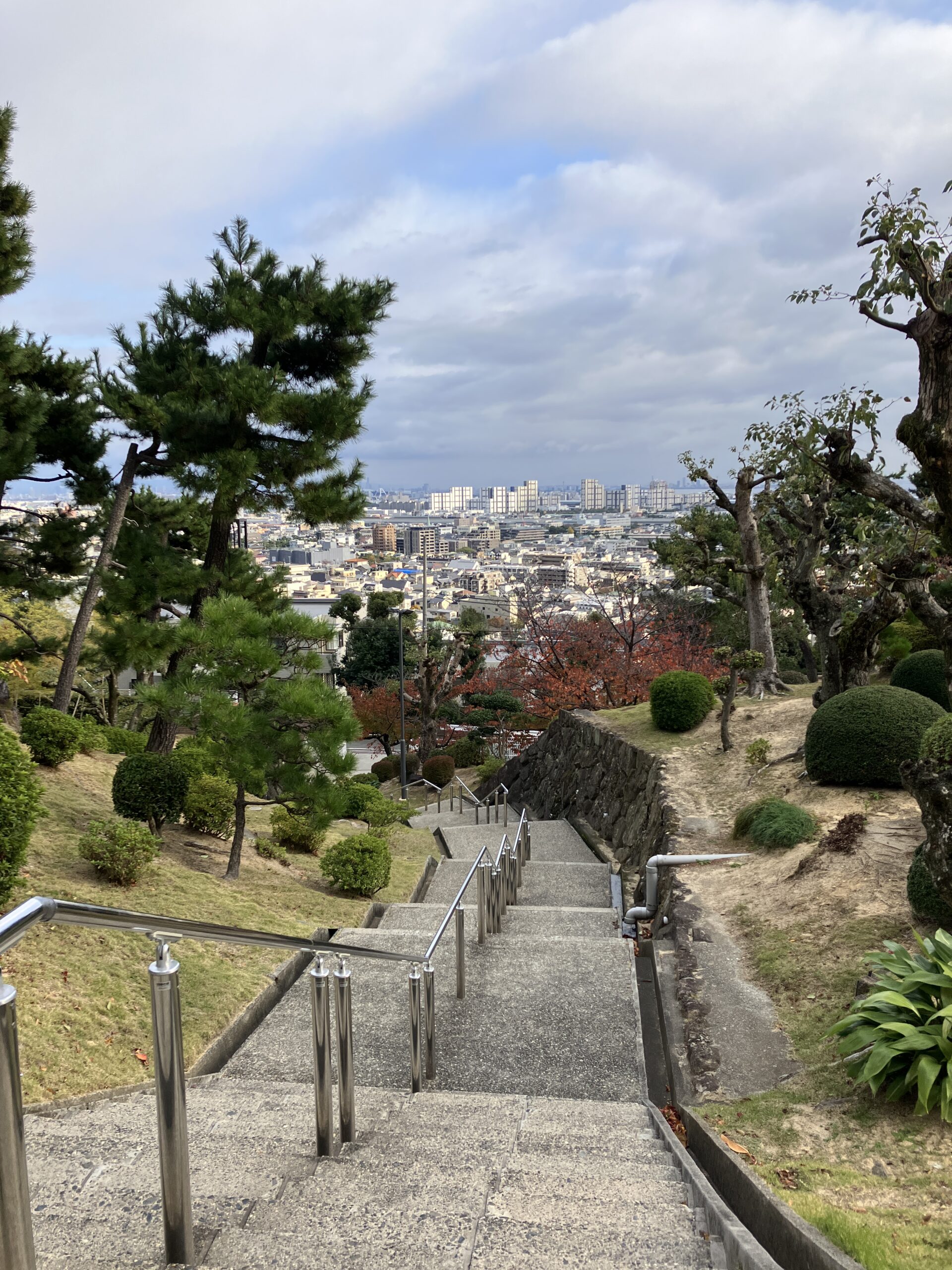All Girls School
I attended a private all-girls school from 8th grade through my senior year in my hometown. My parents made this decision because they cared about me and recognized that adapting to the culture would be challenging for me, given that I had spent all my elementary school years in the US.
I had the option to choose from three all-girls schools, and I selected the one with the most appealing uniform. Starting in 8th grade, the first two years were particularly difficult for me as I adjusted to the hour-long train ride, the culture, and taking classes and exams in Japanese.
I found that Japanese all-girls schools often have a more structured and disciplined environment. Students are expected to adhere to strict school rules, including uniform policies, and there is a strong emphasis on respect and order. In contrast, US all-girls schools tend to have a more relaxed and supportive environment, focusing on fostering a sense of community and empowerment among students.
While my school did have strict rules, such as regulations on hair length and hair band colors, and the requirement to bow upon entering the school gate, my mother mentioned that the school I attended also respected each student individually. I absolutely agree as I keep in touch with the teachers although surprisingly I did not like the school at all when I was a student.
School Reunion
In my day, it was a tradition to have the first school reunion of the year when we turned 20. This is a very special age in Japan, as 20 is when you become an adult, much like turning 21 is a significant event in the US.
Nearly 24 years later, was the next reunion. I guess we were all busy with getting new jobs, getting married, having children, and other life events. Now in our mid-40s, we can little by little spend more time on ourselves, and this was a good moment for it.
When I saw the reunion announcement, my first instinct was to not care about it. I didn’t even feel like responding to say I would not attend, but a good friend of mine asked me to join her. I don’t know why I replied yes, maybe I was thinking about my teachers and classmates and the opportunity to meet them now or never.
At the reunion, people around me were discussing where they were considering sending their children to school and sharing their feelings and thoughts about their children. On the other hand, I have no children, all I have is my work, which I couldn’t force myself to speak about. I knew people wouldn’t be interested and afterall, it wasn’t the topic we had in common.
After all, the time flew by, and I was lucky enough to sit next to one of my teachers, whom I had not seen in a long time. It was very nice talking to her, as she is a widow who had to live on her own from an early stage in her life. She understands my situation and has the same perspective as a working woman. Now, don’t get me wrong, I know there are many people who value and live their own lives even though they are married and have children. However, I tend to enjoy hearing about how people think about their lives and how they have lived through various experiences.
Be Pure, Be Just, Be Gentle, and Be Strong
As a child, my first dream was to become a kindergarten teacher, believing I had a passion for working with children. During a volunteer program visit to a kindergarten, a teacher advised me, “It’s good to be a teacher when you’re young, but your physical strength will gradually weaken.” This simple statement made me reconsider my aspirations.
My next dream was to work at the United Nations. In 1997, the third Conference of the Parties (COP3) led to the adoption of the Kyoto Protocol, which established legally binding targets for developed countries to reduce greenhouse gas emissions. These Annex I countries committed to lowering their overall emissions of six greenhouse gases by at least 5.2% below 1990 levels between 2008 and 2012. Fascinated by environmental issues, I wanted to contribute to global efforts.
I studied and took exams like the United Nations Eiken, but gradually realized this goal might be too ambitious for me. In retrospect, I’ve come to understand that my weakness lies in struggling to pursue objectives unless I can clearly envision the outcome.
My tea ceremony teacher, who instructs at a college as well, shared an interesting anecdote. In the past, students primarily learned from textbooks. However, one day, some students took the initiative to write letters to the Masters of both Urasenke and Omotesenke, requesting their instruction. This move led to my Urasenke teacher’s connection with the college. This story reminds me that in our youth, we tend to be more ambitious, unafraid to ask questions, and willing to take action on our ideas.
My school motto encourages us to “Be pure, be just, be gentle, and be strong.” As I reflect on my experiences and growth, I wonder if I’m truly embodying these principles in my life and decisions.
What I Want to Be
When I was talking to a friend, she described me as lucky and talented – this caught me by surprise. As I reflected on her words, I realized that my dislike for my school days stemmed from a persistent feeling of inadequacy. Everything I did seemed imperfect and, most critically, failing to align with the person I aspired to be. This internal struggle haunted me throughout those years, casting a shadow over my experiences and achievements.
The reunion gave me a good opportunity to rethink my life and future. I think I will sit down with my younger self, sharing a cup of tea. What unspoken feelings and unexpressed challenges might lead to a new future?





Comment